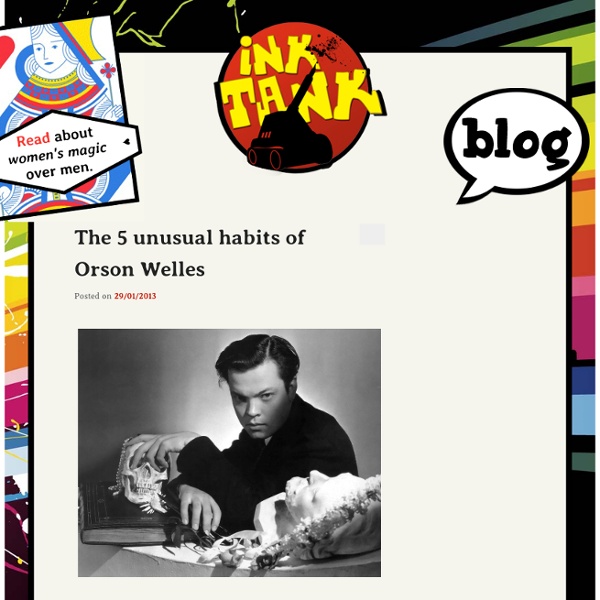Ink Tank - Make words not war

The Bored Ninja - Fun, Interesting, and Cool Stuff on the Internet | Flash Games, Videos, and Pictures to cure your boredom!
Big Words - Or, What Teacher Meant When They Said "Lexicon"
Dangerous Minds
WHAT THE FUCK HAVE YOU DONE?
Dan McKinley :: Effective Web Experimentation as a Homo Narrans
If there's anything people are good at, it's retrofitting events with a coherent narrative. Even, or maybe especially, when the ultimate causes of past events are the forces of chance. If you look closely you can see this everywhere. The modern reader might be tempted to chuckle at this display of superstitious lunacy. So let me hastily change gears and point out that a large percentage of CNBC programming is a more benign manifestation of this kind of thinking. A classic bearish head and shoulders pattern seems to suggest that further declines may be ahead. And if you want another example, go check the Facebook profile of every ostensibly-atheist Brooklyn asshole you know the next time Mercury is in retrograde. There is a school of thought in biology—and don't ask me how widely this is accepted—that evolution favors Type II errors ("failing to reject a falsehood") over Type I errors ("failing to accept a truth"). Practical Consequences I am going somewhere with this, of course. Right?
Related:
Related:



